- Arakanese merchants seek access to Indian market via Mizoram trade route
- Education crisis deepens for IDP children in Arakan State
- Coalition forced led by AA advances toward junta No. 16 weapons factory in Bago Region
- A Glimpse Into the 2026 Arakan State Parliament
- Junta airstrikes target military outposts seized by Arakan Army in Arakan State
Low-income families hit hardest in aftermath of Cyclone Mocha
“We have been going hungry. We only earn between K3,000 and K5,000 per day. As I have no regular income, I have had to eat rice with only salt some days,” said U Hla Kyaw, a cycle-rickshaw driver from Sittwe.
17 Jun 2023
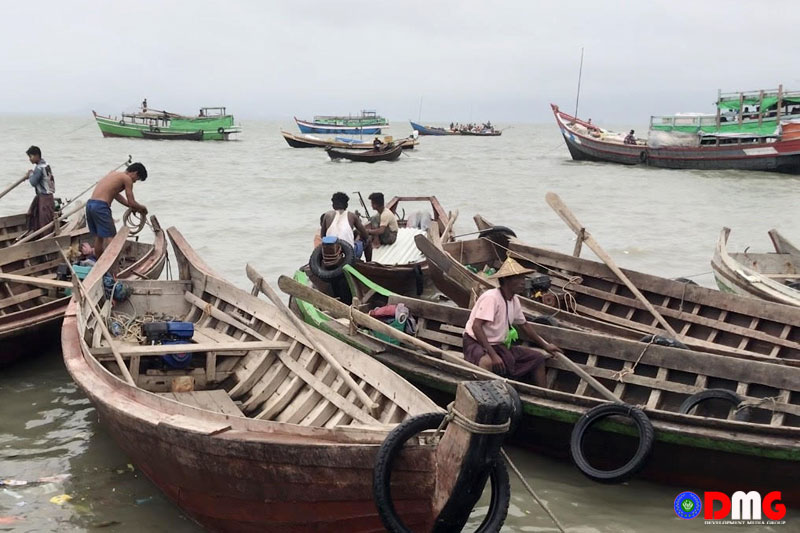
DMG Newsroom
17 June 2023, Sittwe
Low-income families are struggling to make ends meet as the prices of basic foods and other goods have soared in the aftermath of Cyclone Mocha, which made landfall over Arakan State with destructive force on May 14.
The price of Paw Hsan Hmwe rice has increased from K98,000 to K120,000 per sack, while inferior rice has increased from K70,000 to K86,000. The price of cooking rice has increased from K4,700 per litre to K5,500, and the price of onion has also increased from K1,800 per viss to K2,500.
High food prices are taking a heavy toll on low-income families who have been hit hard by the impacts of the economic downturn caused by the Covid-19 pandemic and the February 2021 coup.
“We have been going hungry. We only earn between K3,000 and K5,000 per day. As I have no regular income, I have had to eat rice with only salt some days,” said U Hla Kyaw, a cycle-rickshaw driver from Sittwe.
Low-income families say they receive the same amount of income compared to the past, but food prices and other costs of living have soared.
“Food prices keep increasing, and never go down. Our houses were damaged by the storm, and we are also going hungry in the aftermath of the storm,” said U Ni Hla Maung, a ferry boat helmsman at BXT Port in Sittwe.
Because Cyclone Mocha inflicted widespread property damage in Arakan State, low-income families were hit in urban and rural populations both.
Food supplies provided by the military regime have been woefully inadequate, these low-income families say.
Street vendor Daw Khin Soe of Sittwe said: “The storm destroyed not only my house but also my belongings. I am physically disabled and I can’t go around the town and hawk like other hawkers. I am a widow, and I don’t know how to feed my children.”
High food prices are hurting low-income families not only physically but also mentally and emotionally.
While transportation of goods has been hampered due to road conditions in the aftermath of the storm, travel restrictions are also affecting food prices, while some businesspeople are using the storm as an excuse to increase prices, according to local businesspeople.
One businessman from Arakan State said: “The government [military regime] has issued warnings about overcharging. But it won’t work under such circumstances. If there is an abundant supply of goods, and goods can be transported freely as necessary, these things won’t happen.”
More than 210,000 homes were damaged or destroyed in Sittwe, Ponnagyun, Rathedaung, Maungdaw, Kyauktaw, Mrauk-U, Minbya and Pauktaw townships by Cyclone Mocha, which affected over 2.1 million people.
More than one month since the storm, some 70 percent of local residents affected by the cyclone have yet to be provided with relief supplies, the Arakan Army said on June 14.




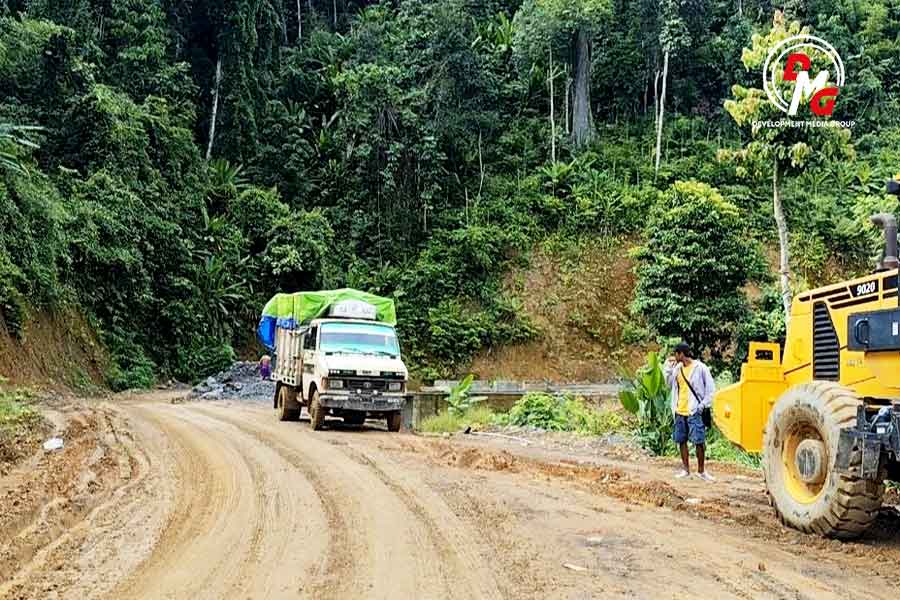
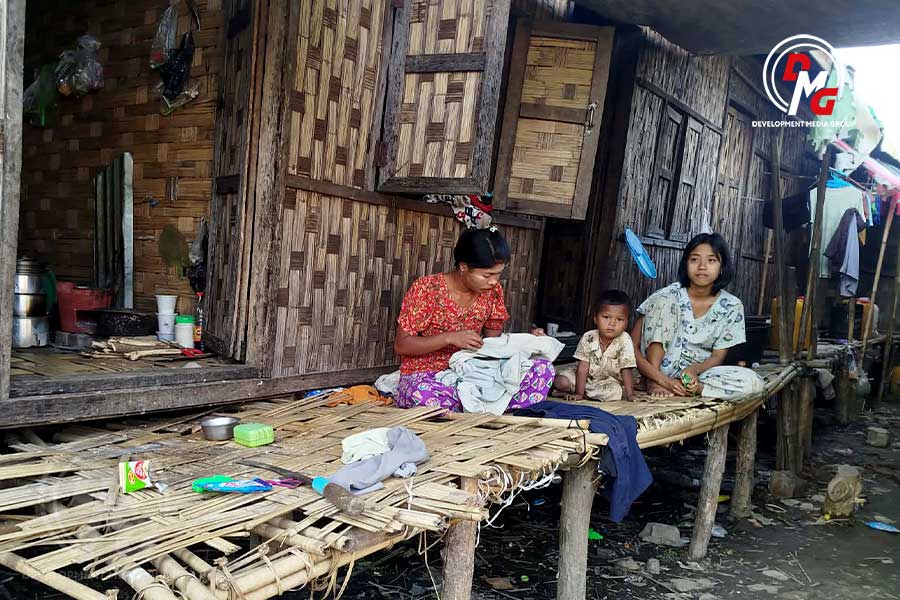
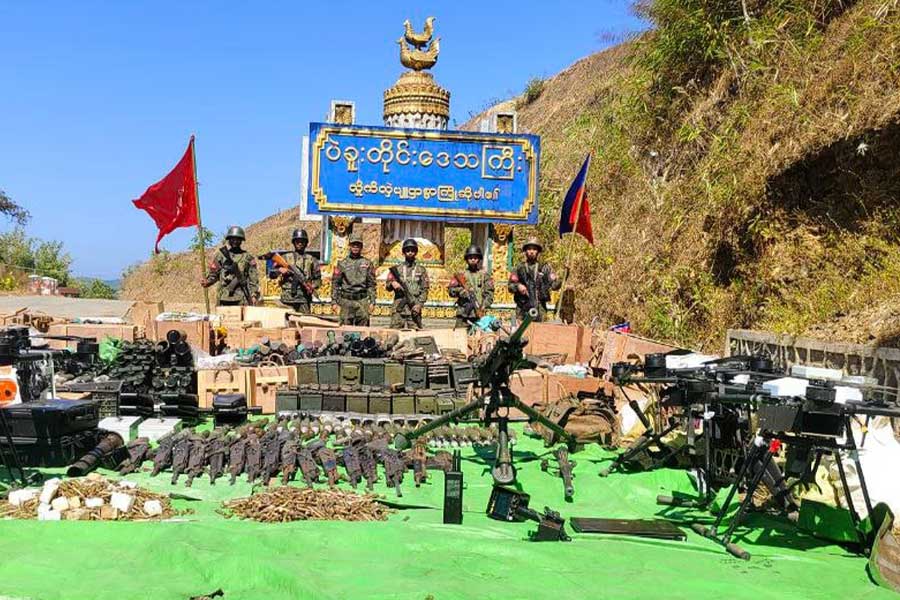

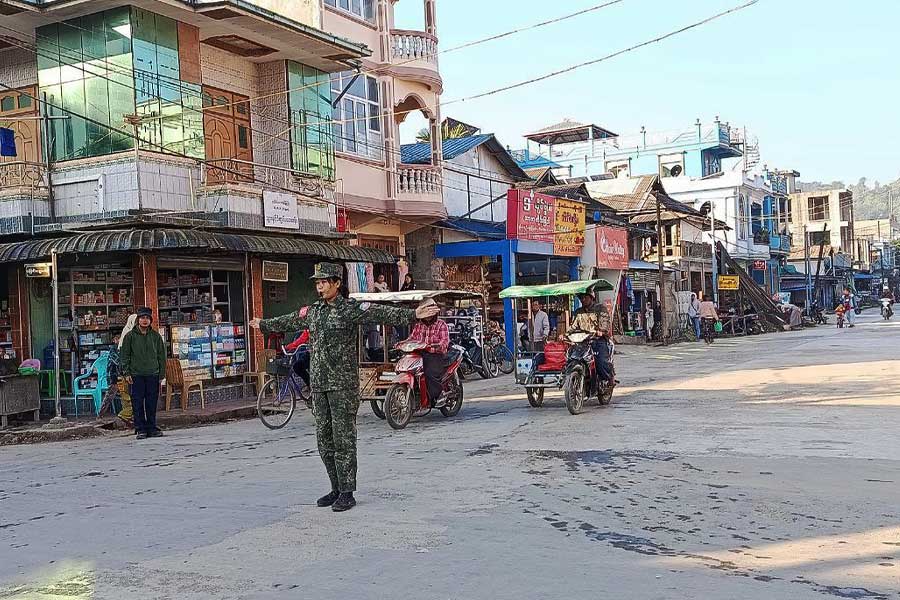







.jpg)
